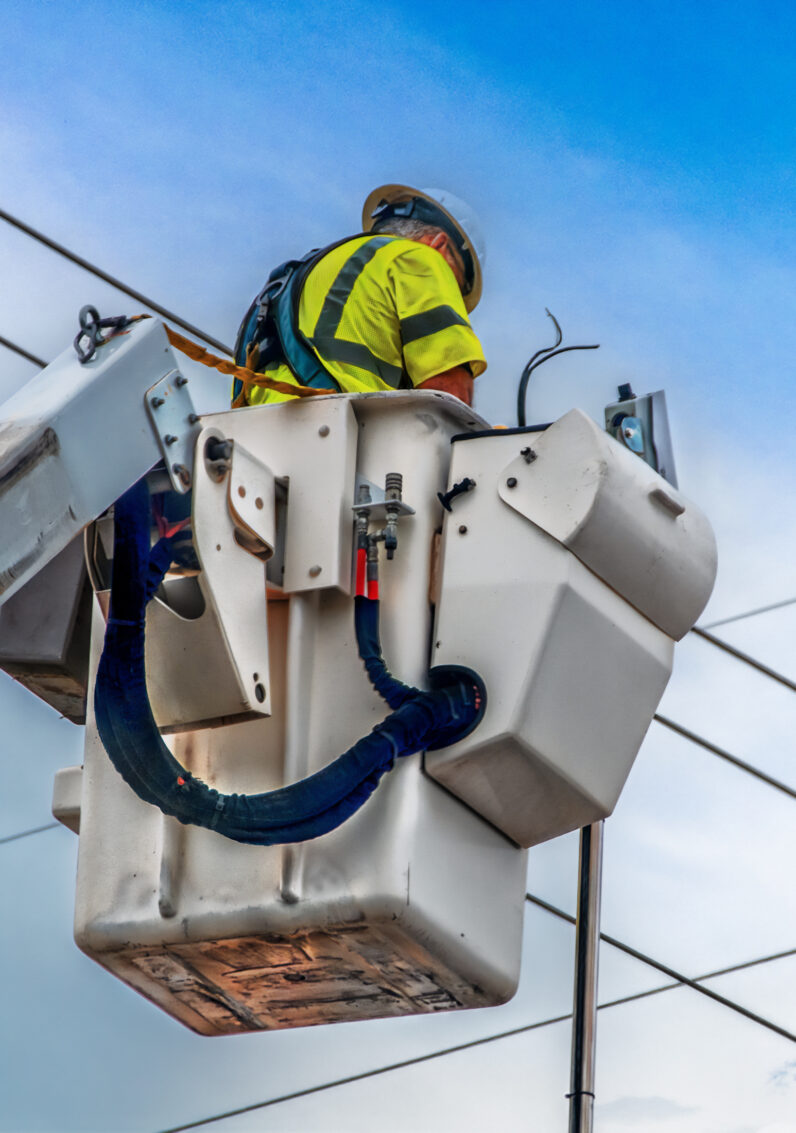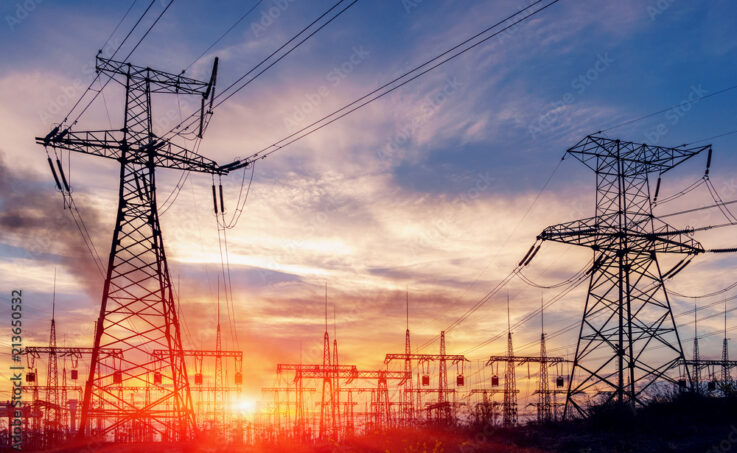Powerline Technician
Powerline Technicians construct, operate, maintain, and repair overhead, underground and underwater electrical transmission and distribution systems.

Job Requirements
Powerline Technicians construct, operate, maintain, and repair overhead, underground and underwater electrical transmission and distribution systems.
They install, maintain and repair overhead, underground and underwater powerlines and cables, and other associated equipment such as insulators, conductors, lightning arrestors, switches, metering systems, transformers, and lighting systems. They erect and maintain steel, wood, fibreglass, laminate and concrete poles, structures, and other related hardware. They splice and terminate conductors and related wiring to connect power distribution and transmission networks. In some jurisdictions, powerline technicians may also install and transfer communication devices such as cellular antennas and communication lines.
Educational requirements:
Completion of 4-year apprenticeship and interprovincial certification as a Powerline Technician.
National Occupational Standard
NOS are a benchmark of the knowledge and abilities needed to be competent in a particular occupation. Developed by current job incumbents, NOS are a collection of the individual competencies that make up the whole picture of an occupation.
Related NOC code:
- 72203 – Electrical power line and cable workers
Working Conditions

- Powerline Technicians complete their tasks outdoors and at various worksites, at any hour and in various weather conditions. Their work always involves travel to and from the worksite, which is often in remote areas, necessitating them to use a variety of access equipment such as all-terrain vehicles, snowmobiles, aircrafts, and watercrafts.
- Occupational hazards include working with high voltage equipment, working in confined spaces and working at heights and in extreme weather conditions.
- Powerline work is strenuous and require frequent heavy lifting, working in awkward positions, carrying and reaching. They may be required to climb poles and structures, and work from aerial work platforms.